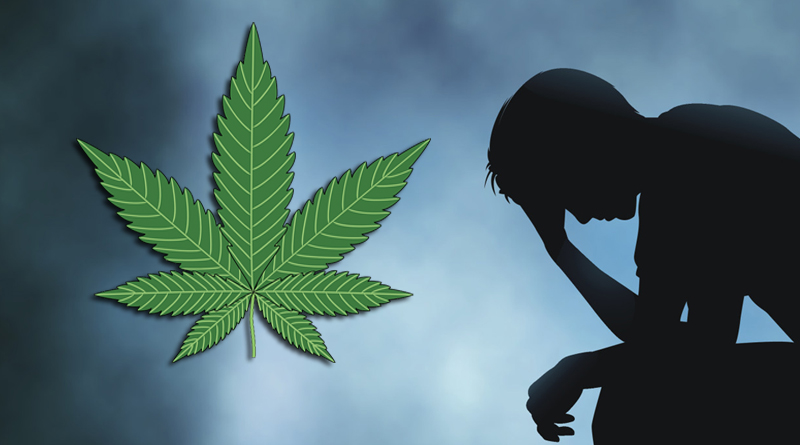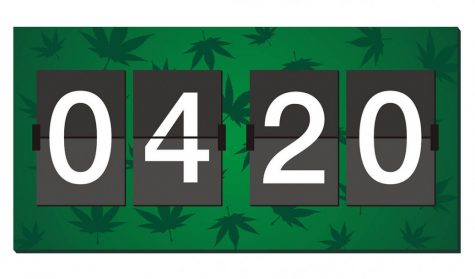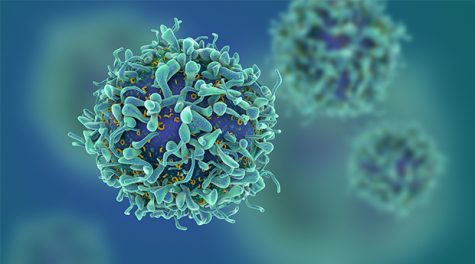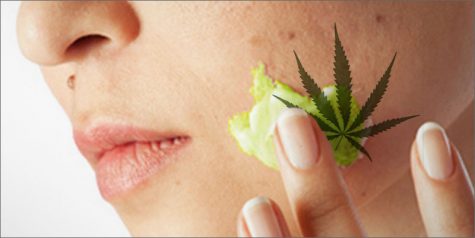University of British Columbia researchers say cannabis could help relieve depression in PTSD sufferers
There is a lot more news circulating regarding the potential of using cannabis for PTSD lately. One of the most recent pieces of news is the announcement of a study conducted by scientists at the University of British Columbia and the B.C. Centre on Substance Use (BCCSU).
Post-traumatic stress disorder is commonly experienced by ex-military veterans and individuals who have endured trauma. The fresh research from BCCSU suggests that cannabis could have therapeutic benefits for people who suffer from the symptoms of PTSD, which may include depression, insomnia, stress and anxiety.
“We know that with limited effective treatment options for PTSD, many patients take to medicating with cannabis to alleviate their symptoms,” said lead author Stephanie Lake, a PhD candidate at UBC. Lake is also a research associate at the BCCSU.
In order to conduct the study on cannabis for PTSD, which was published in the Journal of Psychopharmacology, a team of researchers scoured the data of 24,000 Canadians; gleaned from Statistics Canada.
Based on the study’s findings, individuals who did not consume cannabis were more likely to experience depressive episodes, as opposed to those who did.
“Until now, there has been no population-level data to suggest that cannabis might have a possible therapeutic role in the course of PTSD. These findings offer those patients seeking treatment options some promise,* say the researchers.
The promising results of this new study on cannabis for PTSD may open a door for patients who struggle to gain relief from the symptoms using conventional treatment methods.
Cannabis for PTSD study: People who suffer trauma are at high risk of depression, say researchers
According to BCCSU researchers, there is plenty of evidence to prove that feelings of depression and suicide may stem from incidents of violence, injury and trauma. The researchers made a point of noting that rates of PTSD are highest in Canada than anywhere else; approximately 9.2 percent of the population.
Of the 24,000 respondents that contributed to the study’s findings, 420 were diagnosed with PTSD. Approximately 28 percent of those respondents claimed that they had used cannabis as a treatment within the last year, whereas 11 percent were non-users.
Cannabis for PTSD study: Non-consumers more likely to feel depressed
The results of this study on cannabis for PTSD showed that consumption may have a positive impact on symptoms of the disease. Researchers stated that they discovered a seven-fold increase in the likelihood of developing depressive symptoms in non-cannabis consumers of the plant.
In comparison with non-cannabis consumers who don’t struggle with PTSD, the non-consuming PTSD patients were 4.7 percent more likely to have suicidal thoughts. Among consumers who participated in the study on cannabis for PTSD, use of the plant did not trigger a depressive episode.
Something else that the researchers gleaned from this cannabis study is that over a quarter of Canadians who deal with PTSD reported consuming cannabis, as opposed to the estimated percentage of the entire population; 11.4 percent.
The results of this cannabis for PTSD study offers promise for patients who’ve exhausted other treatment options













